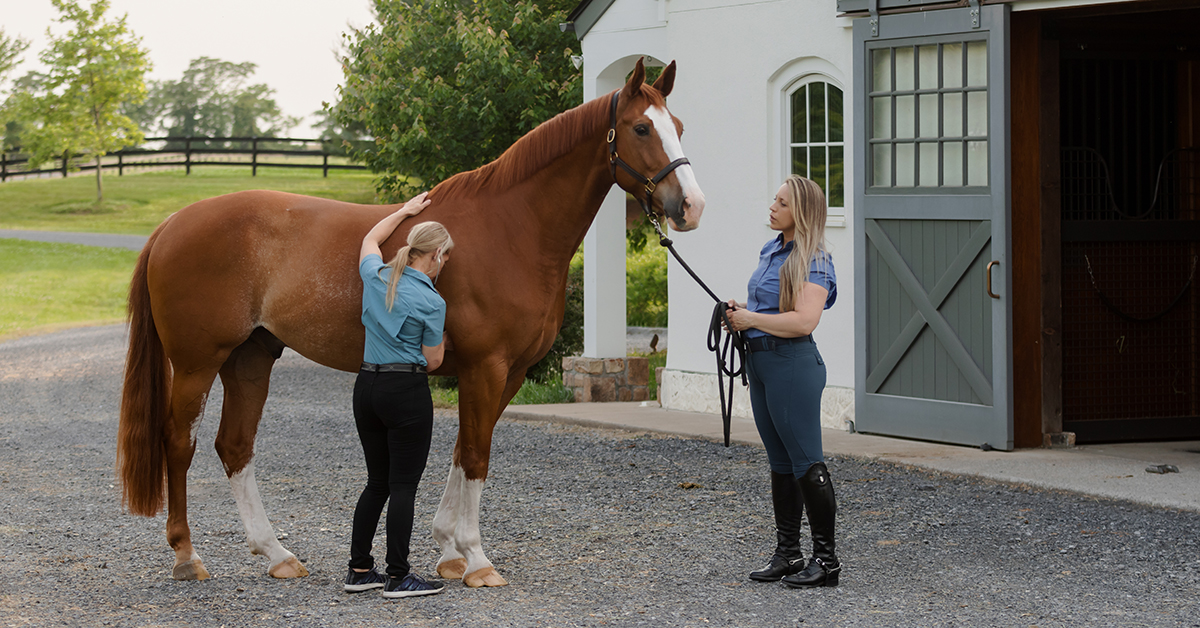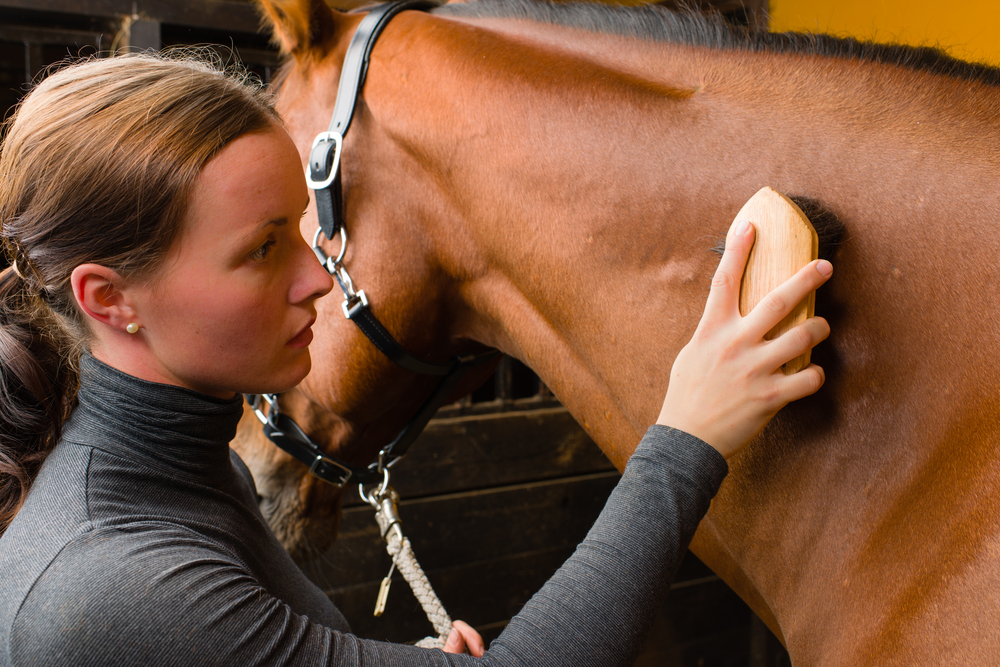As our beloved horses age, their needs evolve, particularly when it comes to maintaining adequate hydration. Understanding these unique requirements is crucial for ensuring their long-term health and well-being. This article will delve into senior horse hydration tips, offering insights into how to effectively manage and support your aging equine companion.

Understanding Senior Horse Hydration Needs
With age, horses face several challenges that can affect their hydration levels. These include changes in metabolism, decreased thirst response, and potential health issues that could impact their ability to consume water.
Why Hydration is Crucial for Senior Horses
Hydration plays a pivotal role in maintaining a horse’s overall health. It aids in digestion, nutrient absorption, and temperature regulation. For senior horses, who might be more prone to colic or other digestive disturbances, ensuring proper hydration is even more critical.
Factors Affecting Hydration in Older Horses
Several factors can influence a senior horse’s hydration status, including weather conditions, physical activity levels, and dietary intake. Additionally, certain medications or health conditions may necessitate increased water consumption.
Signs of Dehydration in Senior Horses
Recognizing the signs of dehydration early can prevent serious health complications. Symptoms to watch for include dry mucous membranes, sunken eyes, and a prolonged skin pinch test.
Conducting a Skin Pinch Test
One simple way to check for dehydration is the skin pinch test. Gently pinch the skin along the horse’s neck, and note how quickly it returns to its normal position. A delay can indicate dehydration.
Monitoring Water Intake
Keeping track of how much water your horse consumes daily can provide valuable insights into their hydration status. On average, a horse should drink 5-10 gallons of water per day, though this can vary based on individual needs.
Practical Tips for Maintaining Hydration
Ensuring your senior horse remains hydrated requires a proactive approach. Here are several strategies to help you achieve this:
Providing Clean, Fresh Water
Always ensure your horse has access to clean, fresh water. Regularly clean water troughs and buckets to prevent algae growth and contamination.
Encouraging Water Consumption
If your horse is reluctant to drink, consider offering flavored water or adding electrolytes to their diet. Some horses may enjoy water enriched with a small amount of apple juice or molasses.
Monitoring Weather Conditions
Extreme temperatures can affect a horse’s water needs. Ensure they have adequate protection from the sun and access to water at all times, especially during hot weather.
Adapting Diet to Support Hydration
The diet of a senior horse can significantly impact their hydration levels. Incorporating high-moisture feeds can be beneficial.
Incorporating Soaked Feeds
Soaking hay or providing soaked beet pulp can increase water intake and aid in digestion. This is especially helpful during colder months when water consumption might decrease.
Balanced Nutrition
A balanced diet rich in fiber and nutrients supports overall health and hydration. For more on feeding senior horses, visit Senior Horse Diet Guide.
Health Checks and Veterinary Guidance
Regular veterinary check-ups are essential for identifying any underlying health issues that might affect hydration. Conditions like kidney disease or dental problems can impact water consumption and require professional attention.
Regular Dental Exams
Dental health is vital for older horses. Difficulty chewing can lead to reduced water intake. Learn more about dental care at Horse Tooth Grinding Problems.
Consulting Your Veterinarian
Work closely with your veterinarian to develop a hydration plan tailored to your horse’s specific needs, especially if they have pre-existing health conditions.
Ensuring Comfort and Accessibility
Providing a comfortable environment with easy access to water is crucial for encouraging hydration.
Optimizing Water Sources
Consider installing automatic waterers or placing multiple water sources in different locations to encourage drinking.
Maintaining a Stress-Free Environment
Reducing stressors can positively impact a horse’s willingness to drink. Ensure they have a calm, familiar environment to thrive in.
Frequently Asked Questions
What are the main signs of dehydration in senior horses?
Signs include dry mucous membranes, sunken eyes, and prolonged skin tenting when pinched. Monitoring these signs can help prevent serious health issues.
How can I encourage my senior horse to drink more water?
Adding flavorings like apple juice to their water, providing electrolytes, and ensuring the water is clean and fresh can encourage increased water consumption.
Why is hydration particularly important for older horses?
Proper hydration aids in digestion, nutrient absorption, and temperature regulation, which are critical for preventing colic and other health issues in senior horses.

Conclusion
Caring for a senior horse requires attention to various aspects of their health, with hydration being one of the most crucial. By implementing these senior horse hydration tips, you can ensure your equine companion remains healthy and happy in their golden years. For more information on caring for older horses, visit Care for the Older Horse.
This article contains affiliate links. We may earn a commission at no extra cost to you.
